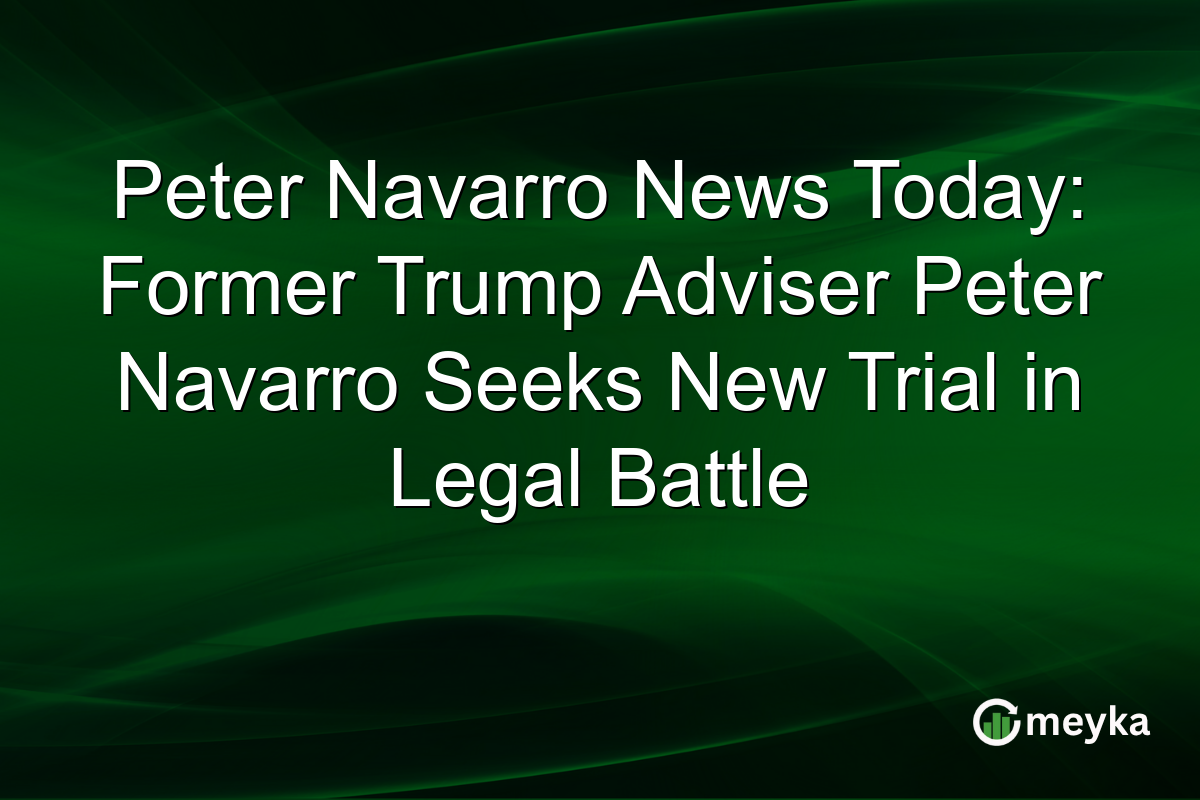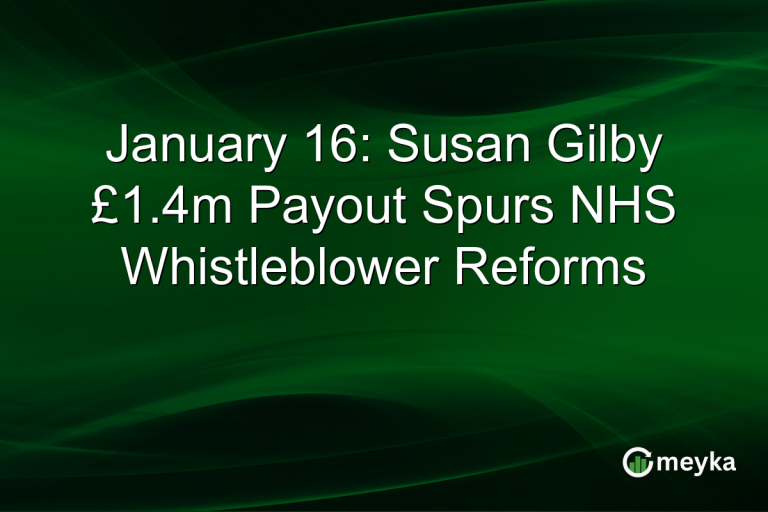Peter Navarro News Today: Former Trump Adviser Peter Navarro Seeks New Trial in Legal Battle
Peter Navarro, once a prominent adviser to former President Trump, is back in the spotlight. He is actively appealing his contempt of Congress conviction tied to the January 6th investigation. This move has triggered wide interest, highlighting potential shifts in the accountability of executive branch officials.
Background on Peter Navarro’s Legal Battle
Peter Navarro’s legal woes began when he refused to comply with a subpoena from the House committee investigating the January 6th Capitol riot. Charged with contempt of Congress, Navarro’s conviction marks a significant legal precedent. His recent appeal seeks to overturn this, possibly impacting legal norms for executive advisers. The case underlines serious questions about executive authority limits and accountability.
Navarro’s involvement as a White House adviser during crucial periods of the Trump administration makes this appeal noteworthy. Legal experts are closely watching the developments. The decision from this case could redefine the boundaries between executive privilege and congressional oversight. Read more on Bloomberg.
Implications of the Contempt of Congress Case
Navarro’s appeal brings critical attention to a key legal question: how accountable should executive branch officials be to congressional subpoenas? This could set the tone for future interactions between the executive and legislative branches. Legal analysts suggest this could either strengthen congressional power in demanding information or bolster executive officials’ defenses against such demands.
Additionally, if Navarro’s appeal succeeds, it may encourage more aggressive challenges to congressional subpoenas. This would affect how future administrations grapple with legislative inquiries. On the other hand, a failure might reinforce congressional authority, shaping oversight strategies.
Political and Legal Reactions
Reactions to Navarro’s appeal are divided. Supporters argue it defends vital executive privileges necessary for sensitive government functions. Critics say it’s a move to dodge accountability and avoid transparency. This polarization reflects broader political tensions post-Trump’s tenure.
Navarro’s appeal is not just about legal strategy; it is a statement on political norms and government transparency. Legal scholars and politicians alike are voicing their positions, indicating the broader significance of this case in shaping future governmental checks and balances. Find the details on CNBC.
Final Thoughts
Peter Navarro’s fight against his contempt conviction could be a pivotal moment in defining how executive branch officials interact with congressional oversight. As the appeal unfolds, its outcome may set a legal framework influencing future government operations between the executive and legislative branches. This legal battle is more than just a personal issue for Navarro—it’s a potential shift in the balance of political power, legislative authority, and executive privilege.
FAQs
Peter Navarro is appealing his contempt of Congress conviction. He failed to comply with a subpoena for the investigation into the January 6th Capitol riot, and his appeal could influence the limits of executive privilege in congressional inquiries.
The case is significant because it impacts how executive officials interact with congressional subpoenas. It could either reinforce Congress’s ability to demand information or support executive officials in resisting such demands.
If successful, Navarro’s appeal might embolden future executive officials to resist congressional subpoenas. If it fails, it could strengthen congressional tools for oversight and transparency.
Disclaimer:
This is for information only, not financial advice. Always do your research.






